Lack of interest and misinformation play crucial role in teen disengagement
Walk the halls of any high school and you will see most students on a handheld device scrolling through apps, snapping pics or sending messages. These mini computers spew information all day long, with an average screen time of 9.5 hours a day for teens. If this is the new norm, why are so many teenagers misinformed, uninformed or disengaged with current events?

19% of FCHS students don’t believe in the importance of staying informed, while another 25% claim news is fake and untrustworthy. The throw away term “fake news” can be used to ignore important stories around the globe. Neglect of tuning into the news is rash. Media literacy is a learned skill which gives you the ability to read and listen to news stories and differentiate bias from truth, in order to receive accurate information.
Receiving information from peers isn’t always the best and most reliable option. If someone tells you about an interesting story, but can’t say where they got their information, it is best to research yourself rather than blindly believe them.
High school students share their opinions and beliefs when it comes to news consumption.
Athlete Joshua Kubota, ‘25, shares his experience following the news.
“If I’m scrolling on Instagram and I see something then that’s really it. Half the time the news is really biased with one side or the other.” Kubota said. “The news is not really involving us, it’s another person’s business and we don’t care if it’s not our problem, we don’t worry about it.”
Blake Bridges, ‘24, gives his opinion on why high school students should spend more time following the news.
“Recently, I have been following the news every couple hours for about 15 minutes to see anything that’s popped up. I try to get my source through multiple news outlets to make sure I’m getting the right source, not social media.” Bridges said, “It’s important to follow the news because local, national, and international stories are happening in our generation and will affect us. If you’re getting knowledge that is fake it can harm you in the future, stay informed.”
A huge story that is affecting the world is the Russian invasion into Ukraine, which has claimed thousands 0f lives.
Bridges explains his thoughts on information surrounding the Russian invasion.
“I really think it’s important for high schoolers to follow the story, it’s history in the making and we need to develop our opinions.” Bridges said. “This affects Americans in everyday life, such as inflation.”
The Russian invasion of Ukraine is a huge ongoing story. BBC and Al Jazeera are accurate and reliable news sources that actively provide updates on this global crisis.
If information can spread faster across communities due to social media, why are the young and socially active ignoring breaking stories?

Jim Boren, former executive editor for The Fresno Bee, and current Fresno State professor and Executive Director of the Fresno State Institute for Media and Public Trust, shared his thoughts on the progression of journalism, and the importance of high school students involving themselves in news.
“It affects young people in many ways, in public schools. For example, public policy around Covid determines whether or not they can return to class or go online.” Boren said, “Policy makers’ decisions impact them in all sorts of ways. You should be aware that the news impacts you.”
Boren details the issue of the overwhelmingly negative side effects of news.
“There is a lot of negative news, and it does impact people and they have to judge that themselves, but there is a lot of positive news.” Boren said, “The issue of mental health is really important, there are many opportunities and sources for help in our community.”
Boren shares where to go to fact-check stories, especially in an industry full of misinformation.
“You can go to fact checking sites such as FactCheck.org, you can Google stories and see how many people are reporting a certain story.” Boren said, “It might take a little work, but you can fact-check stories if you’re really interested. Too often though some people’s partisan views blind them from the truth because they want to believe certain types of stories.”
Boren elaborates his thoughts on why younger people aren’t following the news, unlike previous generations.
“When I was younger it was always thought that younger people didn’t follow the news until they became adults and got married.” Boren said, “Then they always did start reading the local newspaper, that is not happening much anymore. People spend a lot of time on social media, which is not always accurate information.”
Boren gives his personal opinion on the future of news sources, and how they are shifting to adjust to modern life.
“There will be people who want to read newspapers, although print papers have websites. TV stations are not all video, the networks have websites.” Boren said, “News will always be here, it’s just what platform it will be on, it’s just how you get it delivered.”

The ability to access information is in the hands of high schoolers. Social media is a tool that can be used to learn and share accurate news, although instead it appears to be used as a source for entertainment by most teens in social bubbles. Researching and obtaining more knowledge keeps you in the loop of the history-making events happening in the world around you, therefore making you more of a contributing member of society.
Challenge yourself to sit down, even for a short time, and immerse yourself in current news. Make sure to find accurate sources concerning city, state and national news. Ask questions about what you read and seek answers. Developing this pattern will help you become more media literate which something that is hard to find in this day and age.
To read more from The Feather, go to Book Review: Left Behind or Rick Steves promotes travel in a post pandemic world.
.



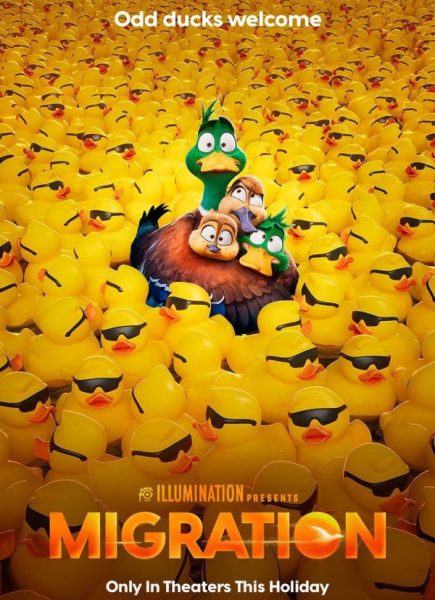



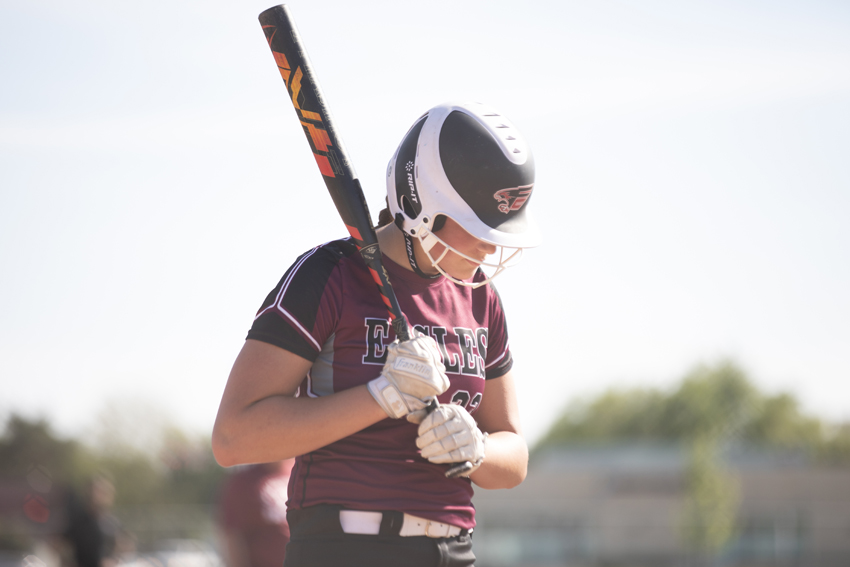
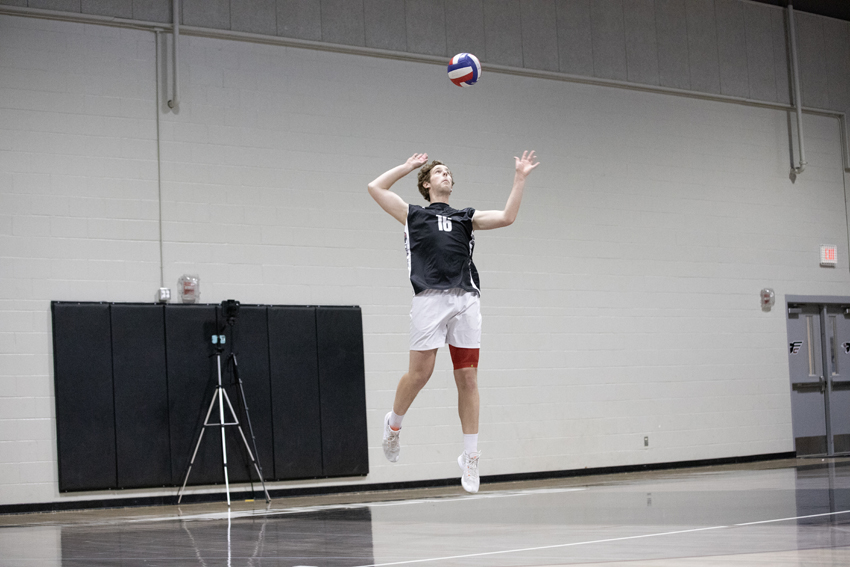
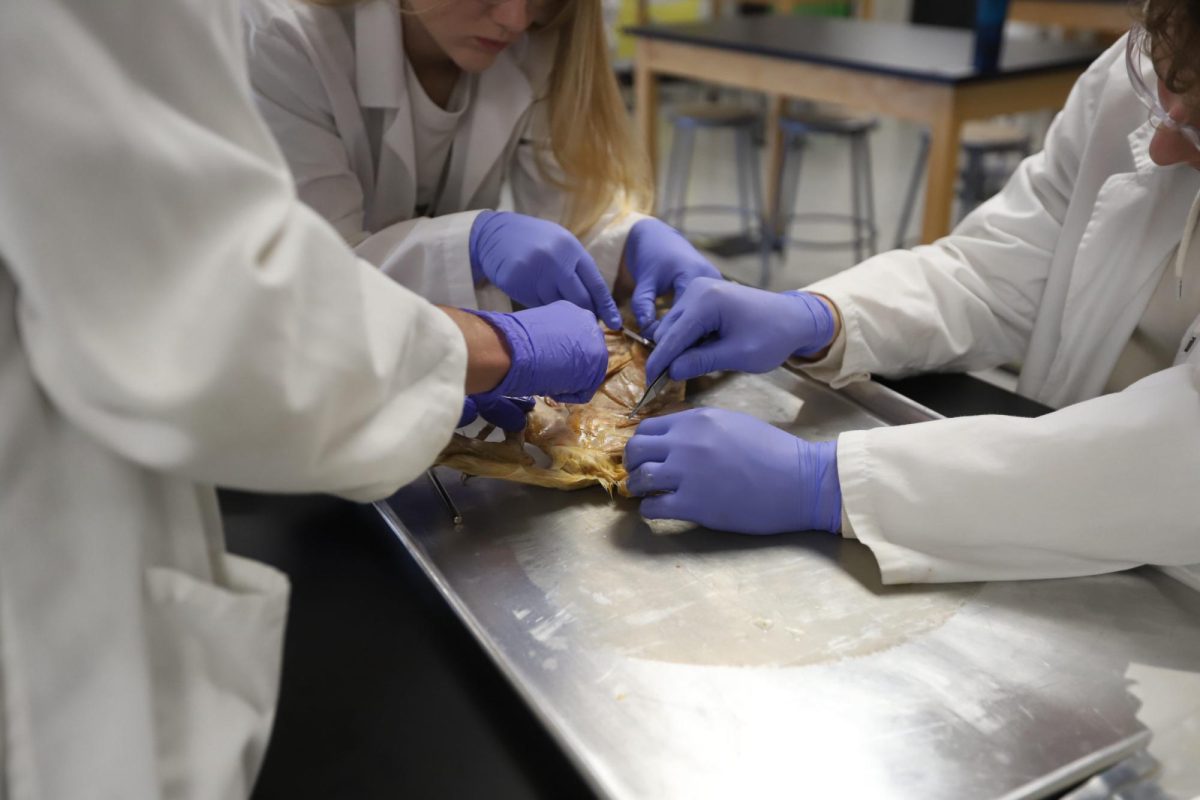
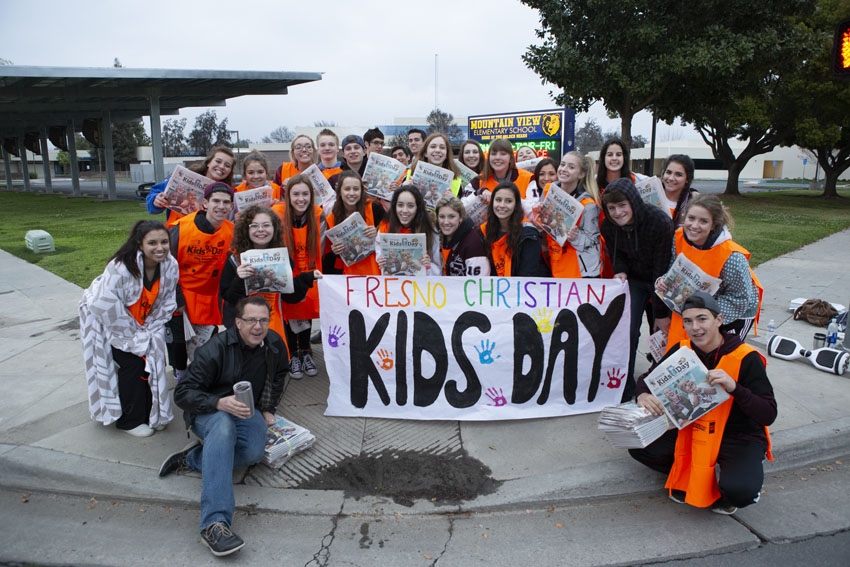
![[Video] 100th CSPA Spring Journalism Conference](https://thefeather.com/wp-content/uploads/2024/04/20240308-cspa-crown-002.jpg)
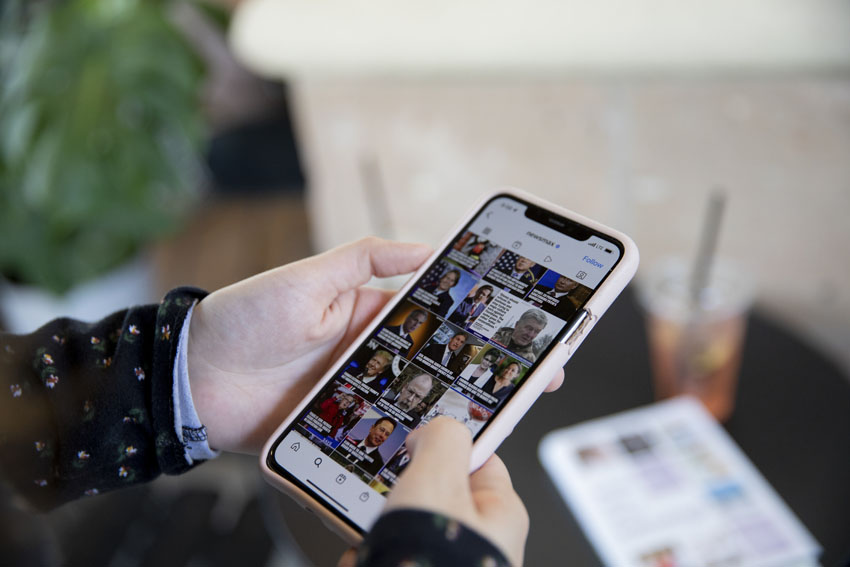
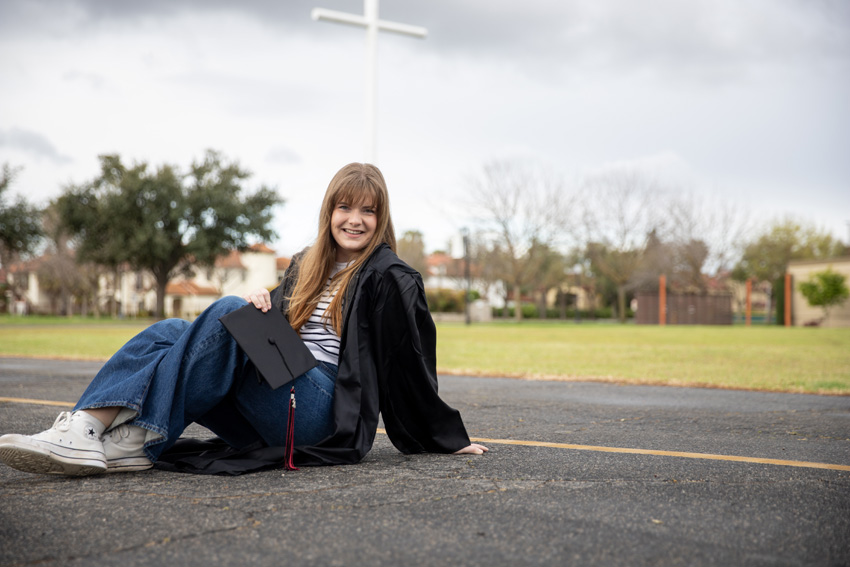
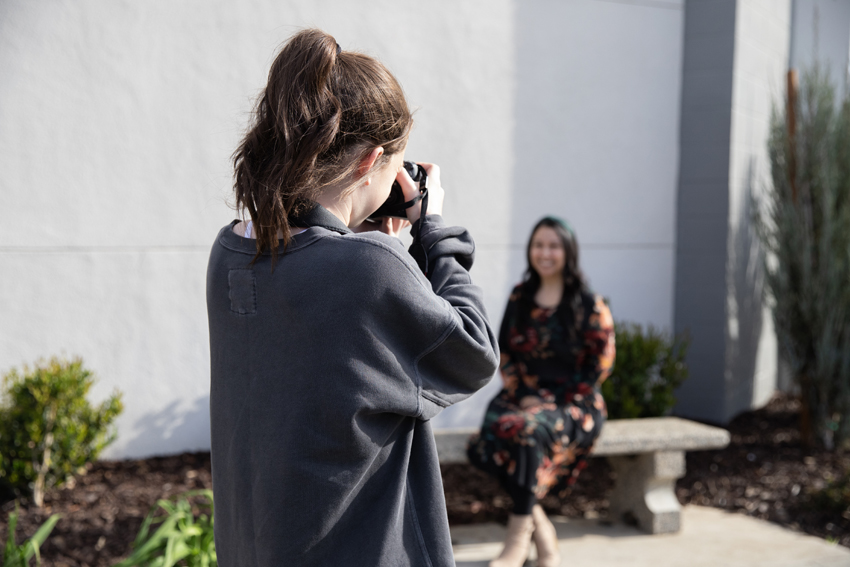


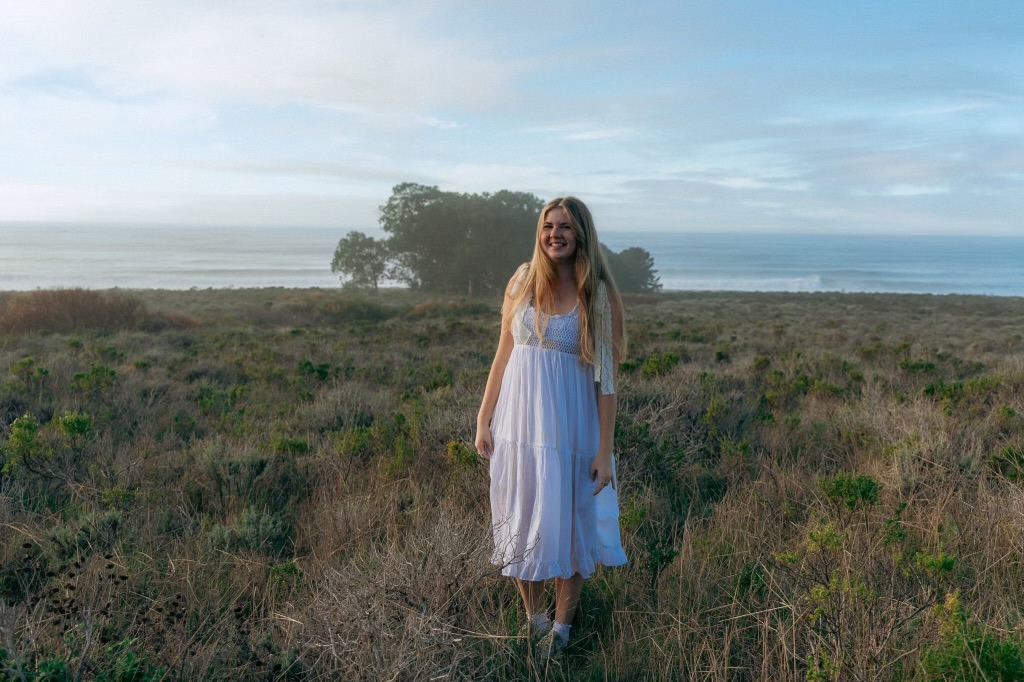



Cole Blanchfield • Apr 26, 2022 at 8:49 am
Excellent work Caleb, the subject of us students avoiding news outlets is a topic often overlooked. I know how long it took to get this article out and how much you had to go back and correct certain parts. I appreciate the message you are trying to send out and I can’t wait for the next one.
Taylor Beckworth • Apr 26, 2022 at 8:27 am
Well written article, Caleb! I learned a lot of information reading this. Keep up the good work!